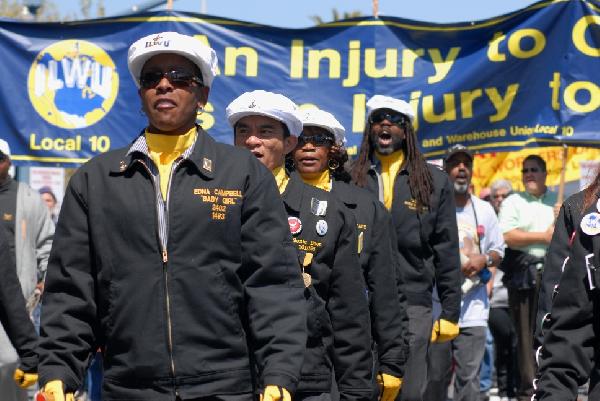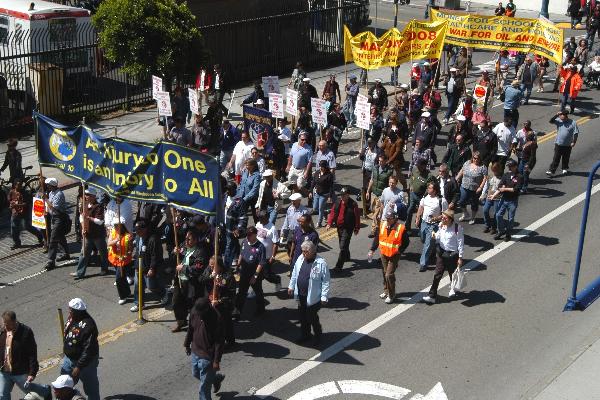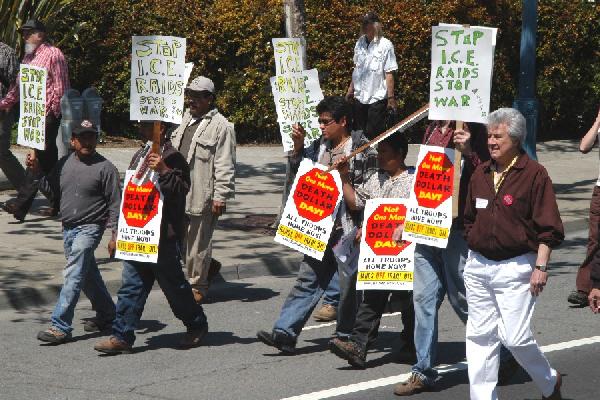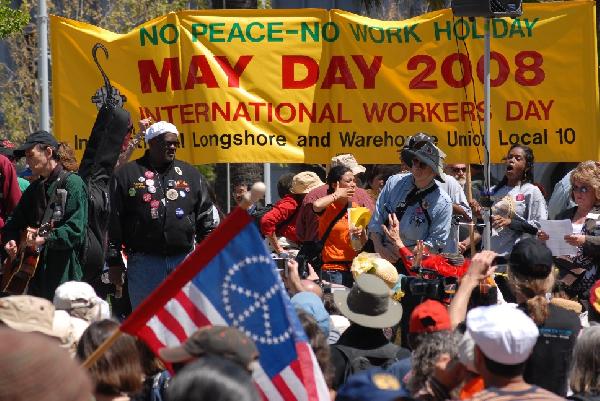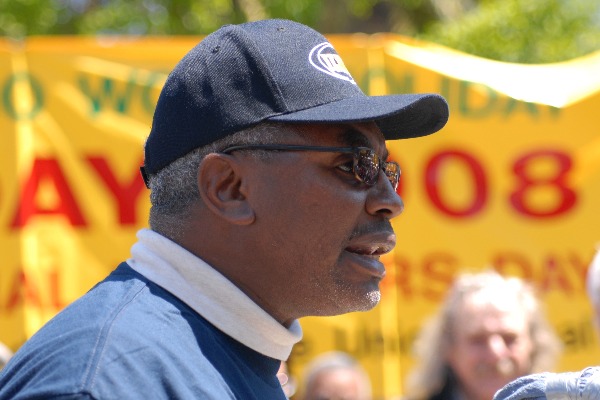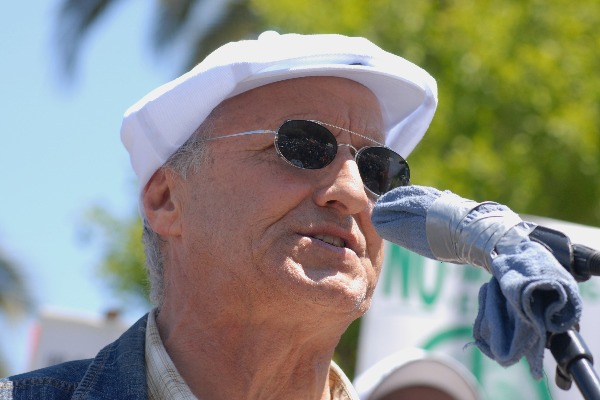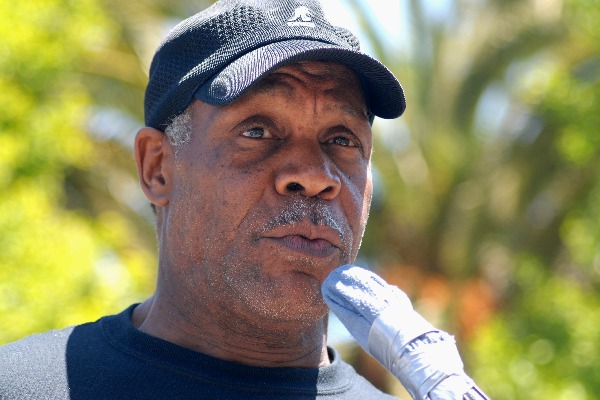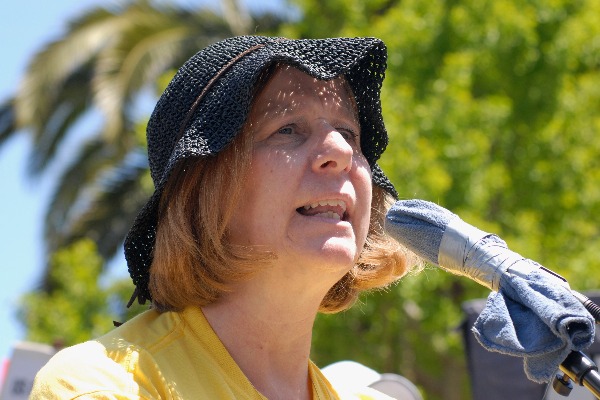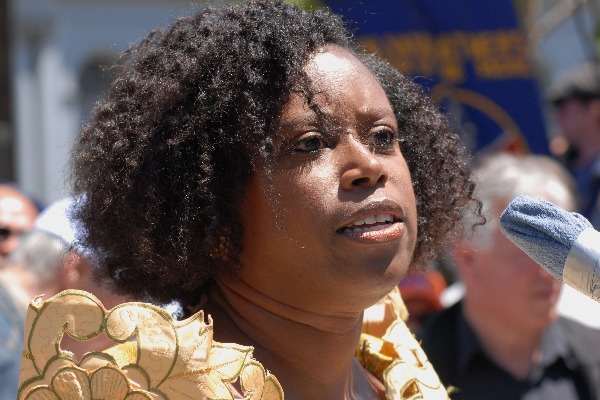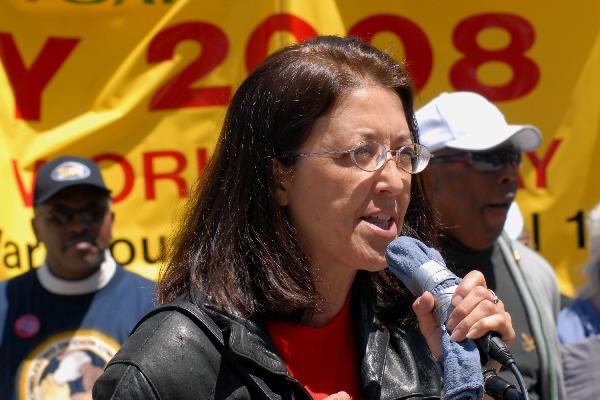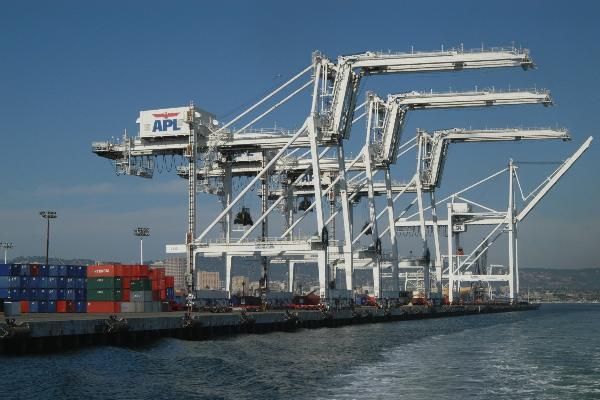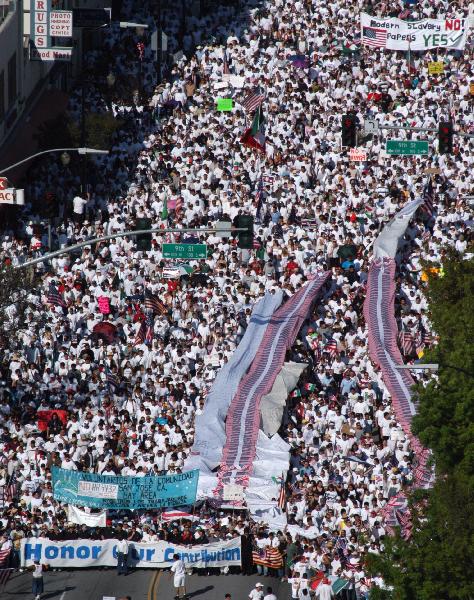| About Us | Contact Us | Calendar | Publish | RSS |
|---|
|
Features • latest news • best of news • syndication • commentary Feature Categories IMC Network:
Original Citieswww.indymedia.org africa: ambazonia canarias estrecho / madiaq kenya nigeria south africa canada: hamilton london, ontario maritimes montreal ontario ottawa quebec thunder bay vancouver victoria windsor winnipeg east asia: burma jakarta japan korea manila qc europe: abruzzo alacant andorra antwerpen armenia athens austria barcelona belarus belgium belgrade bristol brussels bulgaria calabria croatia cyprus emilia-romagna estrecho / madiaq euskal herria galiza germany grenoble hungary ireland istanbul italy la plana liege liguria lille linksunten lombardia london madrid malta marseille nantes napoli netherlands nice northern england norway oost-vlaanderen paris/Île-de-france patras piemonte poland portugal roma romania russia saint-petersburg scotland sverige switzerland thessaloniki torun toscana toulouse ukraine united kingdom valencia latin america: argentina bolivia chiapas chile chile sur cmi brasil colombia ecuador mexico peru puerto rico qollasuyu rosario santiago tijuana uruguay valparaiso venezuela venezuela oceania: adelaide aotearoa brisbane burma darwin jakarta manila melbourne perth qc sydney south asia: india mumbai united states: arizona arkansas asheville atlanta austin baltimore big muddy binghamton boston buffalo charlottesville chicago cleveland colorado columbus dc hawaii houston hudson mohawk kansas city la madison maine miami michigan milwaukee minneapolis/st. paul new hampshire new jersey new mexico new orleans north carolina north texas nyc oklahoma philadelphia pittsburgh portland richmond rochester rogue valley saint louis san diego san francisco san francisco bay area santa barbara santa cruz, ca sarasota seattle tampa bay tennessee urbana-champaign vermont western mass worcester west asia: armenia beirut israel palestine process: fbi/legal updates mailing lists process & imc docs tech volunteer projects: print radio satellite tv video regions: oceania united states topics: biotechSurviving Citieswww.indymedia.org africa: canada: quebec east asia: japan europe: athens barcelona belgium bristol brussels cyprus germany grenoble ireland istanbul lille linksunten nantes netherlands norway portugal united kingdom latin america: argentina cmi brasil rosario oceania: aotearoa united states: austin big muddy binghamton boston chicago columbus la michigan nyc portland rochester saint louis san diego san francisco bay area santa cruz, ca tennessee urbana-champaign worcester west asia: palestine process: fbi/legal updates process & imc docs projects: radio satellite tv |
printable version
- js reader version
- view hidden posts
- tags and related articles
May Day revival on three fronts: labor, immigrant, and antiwarby Sharat G. Lin Friday, May. 09, 2008 at 11:00 PMSan José What started on May 1, 2006 as some of the largest political demonstrations in U.S. history for immigrants' rights have in 2008 brought together three fronts -- labor, immigrant, and antiwar -- in one struggle for peace and social justice.
The work stoppage at all 29 West Coast ports on May 1, 2008 by the International Longshore and Warehouse Union (ILWU) was an historic turning point for the U.S. labor movement. For the first time in more than seventy years, a major U.S. trade union led marches and a system-wide strike on May Day. And for the first time ever, it was not for economistic reasons, but for the political demand to end the disastrous and debilitating U.S. wars in Iraq and Afghanistan.
The work stoppage by 25,000 dockworkers idled towering cranes and closed ports from Seattle to San Diego. Truckers refused to cross picket lines. The backlogged ports handle the steady stream of manufactured goods from off-shored factories in Asia in the new globalized economy. Until recently, organized trade unions have been reluctant to reclaim May Day as International Workers' Day in the United States. Labor bureaucrats affiliated with the AFL-CIO and Change to Win have declined to support May Day actions because of their collaboration with corporate management in brokering labor contracts. Despite this, individual union locals have begun to support the ILWU and immigrant rights demonstrations on the first day of May. Among the unions that joined in the ILWU-led May Day march in San Francisco were the United Transportation Union Local 1741 (San Francisco school bus drivers), University Professional and Technical Employees (UPTE) union, Inlandboatmen's Union (affiliated with the ILWU), and Oakland Education Association (OEA teachers and school employees). In San José, locals of the Service Employees International Union (SEIU) and Unite Here! joined in the May Day march for immigrant rights. While widely celebrated outside of the United States, May Day itself was born in Chicago during the struggle for the eight-hour working day. A march by striking workers along Michigan Avenue on May 1, 1886 is widely regarded as the world's first May Day march. In mobilizing for May Day, ILWU leader Clarence Thomas had stated that resolutions against the war were important, but they do not stop wars. "But when you stop the ports, the White House listens and the whole world listens," he said to a gathering in Oakland on April 24. Indeed, the impact of the ILWU strike has already been felt around the world. At the May Day rally in San Francisco's Justin Herman Plaza, Thomas broke the news that Iraqi port workers had shut down Iraq's two main cargo ports (Basra and Umm Qasr) in solidarity with the ILWU closure of U.S. West Coast ports. In a prepared statement read by U.S. Labor Against the War (USLAW) coordinator Michael Eisenscher, the Iraqi labor movement reminded the world, "The invaders helped to foment and then exploit sectarian divisions and terror attacks where there had been none. Our union offices have been raided. Union property has been seized and destroyed. Our bank accounts have been frozen. Our leaders have been beaten, arrested, abducted and assassinated. Our rights as workers have been routinely violated." The statement, signed by 37 Iraqi labor leaders, continued, "We demand an immediate withdrawal of all foreign troops from our country, and utterly reject the agreement being negotiated with the U.S.A. for long-term bases and a military presence. The continued occupation fuels the violence in Iraq rather than alleviating it. Iraq must be returned to full sovereignty. … We thank you for standing with us." In addition to trade unions; peace, antiwar, and impeachment organizations were well represented. Three candidates for national political office -- Cindy Sheehan, Cynthia McKinney, and Gloria La Riva -- addressed the rally. There was also a visible demand for immigrants' rights in the ILWU march. A contingent of signs read, "Stop ICE raids. Stop war." The signs were a reminder that the spark that ignited this revival of May Day came on May 1, 2006 when millions of immigrant workers and their families marched throughout the United States in protest against a legislative attempt to criminalize their existence in the country. In the San Francisco Bay Area, the May Day marches of 2007 and 2008 followed in the wake of the largest political demonstration in Northern California's history when more than 250,000 people marched in San José on May 1, 2006. Aerial photos show how the demonstration packed the full width of the street and stretched out for more than 4 miles. May Day 2008 brings together three fronts -- labor, immigrant, and antiwar -- in a common unified struggle for peace and social justice. la.indymedia.org/news/2008/05/217357.php
Report this post as:
May Day march led by ILWUby Sharat G. Lin Friday, May. 09, 2008 at 11:00 PMSan José
Historic May Day march led by ILWU Local 10 in San Francisco.
la.indymedia.org/news/2008/05/217357.php
Report this post as:
Stop ICE raidsby Sharat G. Lin Friday, May. 09, 2008 at 11:00 PMSan José
Immigrant rights and war were critical concerns on May Day: "Stop ICE raids. Stop war."
la.indymedia.org/news/2008/05/217357.php
Report this post as:
May Day 2008by Sharat G. Lin Friday, May. 09, 2008 at 11:00 PMSan José
May Day banner of the ILWU reflected on labor and peace.
la.indymedia.org/news/2008/05/217357.php
Report this post as:
Clarence Thomas, ILWUby Sharat G. Lin Friday, May. 09, 2008 at 11:00 PMSan José
Clarence Thomas evoked the legacy of founding ILWU leader Harry Bridges.
la.indymedia.org/news/2008/05/217357.php
Report this post as:
Jack Heyman, ILWUby Sharat G. Lin Friday, May. 09, 2008 at 11:00 PMSan José
Jack Heyman explained the significance of acting on May Day to stop war and precedents in previous ILWU work stoppages.
la.indymedia.org/news/2008/05/217357.php
Report this post as:
Danny Gloverby Sharat G. Lin Friday, May. 09, 2008 at 11:00 PMSan José
Actor Danny Glover came to give his solidarity to the ILWU.
la.indymedia.org/news/2008/05/217357.php
Report this post as:
Cindy Sheehanby Sharat G. Lin Friday, May. 09, 2008 at 11:00 PMSan José
Cindy Sheehan blamed Democrats for funding the war and allowing it to continue. She is running against Nancy Pelosi for Congress.
la.indymedia.org/news/2008/05/217357.php
Report this post as:
Cynthia McKinneyby Sharat G. Lin Friday, May. 09, 2008 at 11:00 PMSan José
Cynthia McKinney condemned the Bush administration for usurping the power of the people. She is running president on the Green Party ticket.
la.indymedia.org/news/2008/05/217357.php
Report this post as:
Gloria La Rivaby Sharat G. Lin Friday, May. 09, 2008 at 11:00 PMSan José
Gloria La Riva congratulated the ILWU for its courageous stand on a political issue that all unions should do. She is a candidate for president with the Party for Socialism and Liberation.
la.indymedia.org/news/2008/05/217357.php
Report this post as:
Port cranes idledby Sharat G. Lin Friday, May. 09, 2008 at 11:00 PMSan José
The ILWU work stoppage idled all giant cranes in the Port of Oakland. [archive photo]
la.indymedia.org/news/2008/05/217357.php
Report this post as:
May Day 2006 in San Joséby Sharat G. Lin Friday, May. 09, 2008 at 11:00 PMSan José
The giant marches of May 1, 2006, such as this one in San José of more than a quarter million people, sparked the revival of May Day in the United States.
la.indymedia.org/news/2008/05/217357.php
Report this post as:
|



